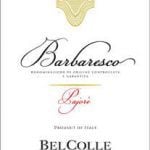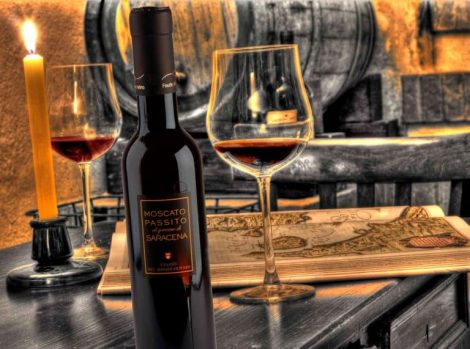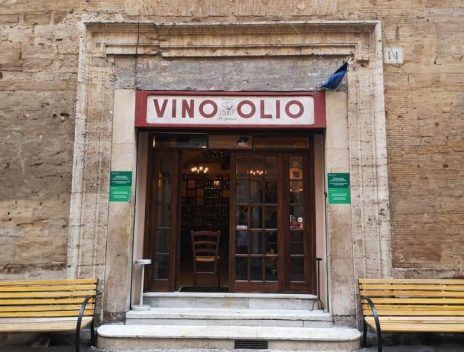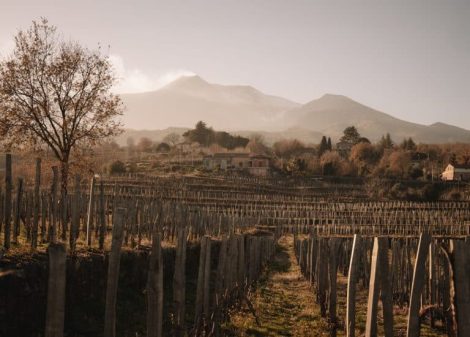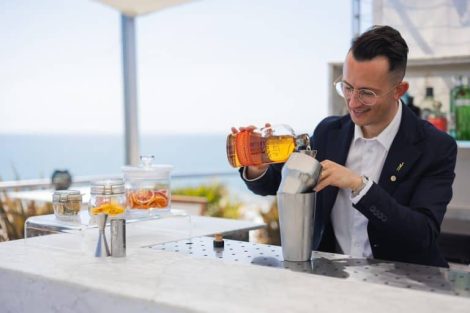Firriato winery
By founding Firriato in 1978, Salvatore Di Gaetano had clear ideas: to value the Trapani terroir and its historic grapes, and to achieve the highest quality wines with farming management based on environmental sustainability. Firriato, which has always been substantially organic, joined in 2007 and began the process to obtain certification. In 2010, at the end of the period, the formal certification of organic agriculture arrived for all of the brand's estates. It was a goal, but for Firriato this represented only a stage: "There is a beyond in everything". In fact, with Irene Di Gaetano and her husband Federico Lombardo di Monte Iato we are witnessing a new turning point. Federico makes his solid scientific training available to improve the wines, thus the processes will be improved too, the natural aspect of the habitat will become an absolute value, the brand's guiding principle and identity. This painstaking work over the years has led to numerous certifications: among the most important is the Carbon Neutrality, making Firriato in 2019, the first Italian wine company with zero impact.
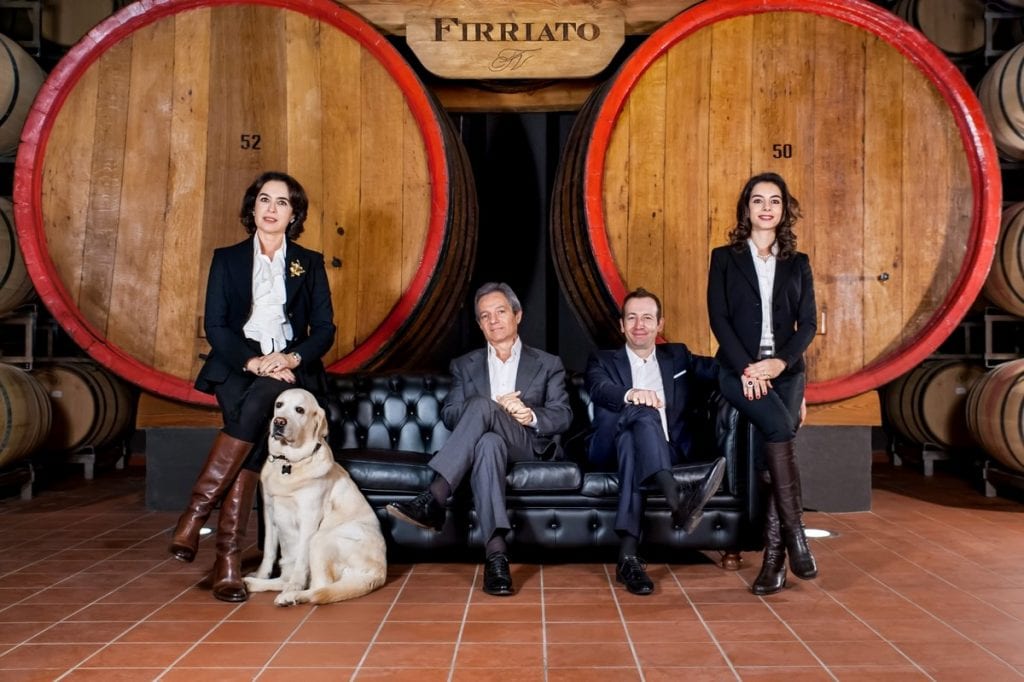
Sustainability for Firriato
"It is a result that puts us at the forefront - says Federico Lombardo di Monte Iato, COO of the company - and that represents a new starting point for those who, like us, want to affirm a productive path of environmental sustainability with a serious commitment." But this goal is, in chronological order, only the latest result of a path of active policies for the environment that has lasted for over a decade, an itinerary that has been built on precise field choices and on adherence to specific protocols, which have allowed the Di Gaetano family to obtain certifications that testify to solid results. It is for this reason that, in the last edition of Vini d'Italia, the company obtained the Special Prize for Sustainable Viticulture: "The key to everything - comments Federico - lies in the responsible use of natural resources. An awareness that Firriato, over the span of thirty years, has proven to have, taking its productive step towards certain and measurable objectives. The maintenance and care of the environment, in fact, are not only a medal, but is furthermore a concrete practice, expensive too, and the result of a vision that has deep roots in the soil, but at the same time looks to the future." "This prestigious recognition - he concludes - fills us with pride, but at the same time, pushes us to continue in the name of sustainable agriculture and oenology: for this reason we have set the goal of raising the quality of the results of our performance, to reduce our carbon footprint; we will strive to maintain the status of Carbon Neutrality, continuing to search for all solutions aimed at reducing greenhouse gas emissions. Our goal for 2025 is to have a positive emissions balance."
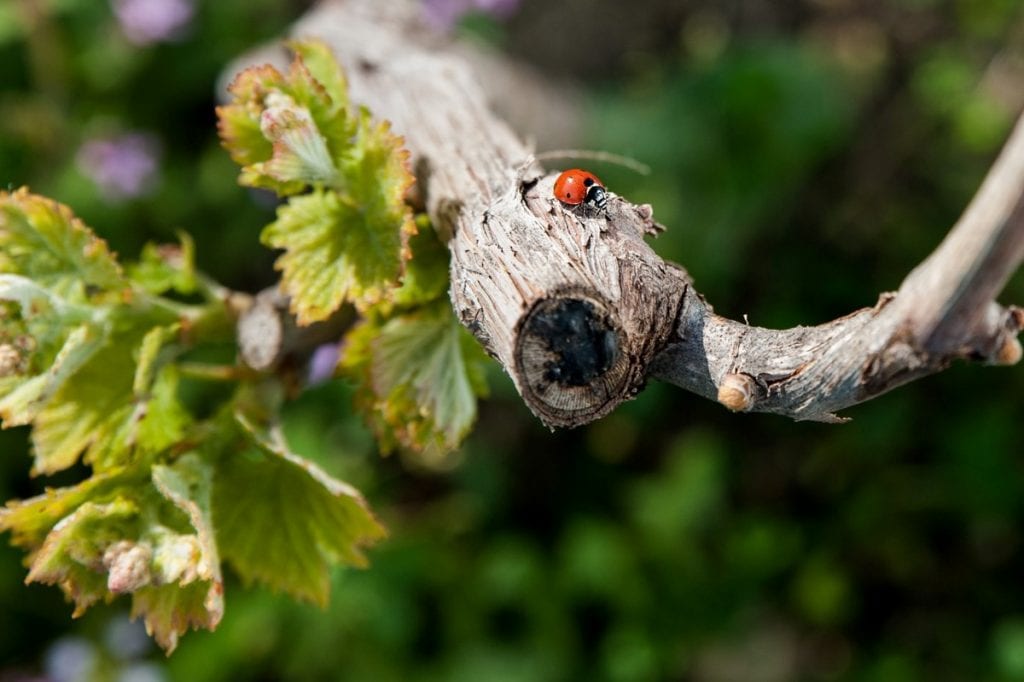
Firriato wines
All this takes place on vineyards that extend for 470 hectares in different areas of Sicily, a pedoclimatic and varietal palette that best represents the diversity of the many territories of the island. Hills, sea, mountains: the first acquisitions in the Trapani countryside were followed over the years by Cavanera sull'Etna (north-east flank) and Calamoni, on the suggestive island of Favignana. And so the clays of Baglio Sorìa, Borgo Guarini, Dàgala Borromeo and Pianoro Cuddìa, counterbalance the peculiar mountain characteristics of the vineyards of Castiglione di Sicilia on Etna, with the circle that ideally closes, instead, by the sea, at Favignana, on the central-southern side of the island. All this obviously gives life to a wide and multifaceted range, which at the same time includes large-scale productions alongside truly niche labels. In Vini d'Italia 2021 the Tre Bicchieri went to Sicilia Perricone Ribeca '15, an intense and deep red, characterised by a silky and balsamic mouth, infinitely long. Favinia La Muciara '18 is excellent. The label is made from grillo, catarratto and zibibbo vineyards grown in the Calamoni vineyard on the island of Favignana, practically by the sea, which give a fresh, rich and sunny white with notes of Mediterranean scrub. Also from Etna comes a great version of white: the Cavanera Ripa di Scorciavacca '18, a wine of refined elegance, with a great gustatory balance between acidity and minerality.

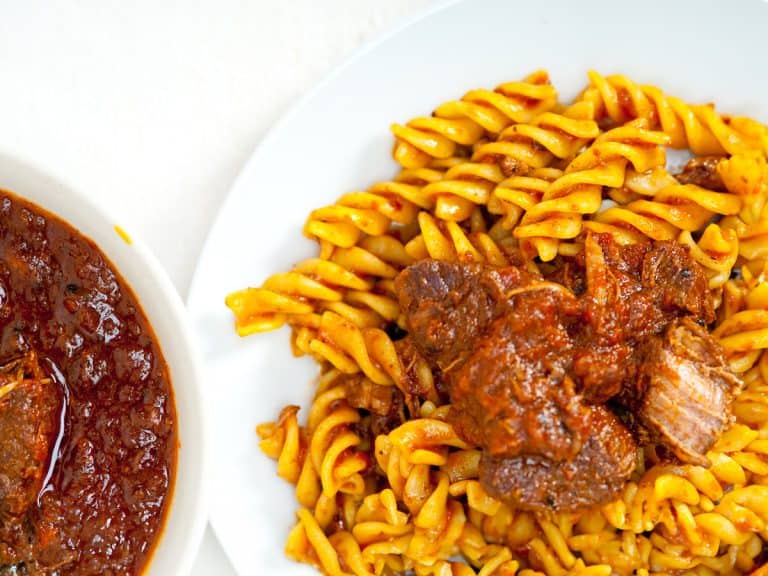 Neapolitan or Bolognese? The (tomato-free) history of the two ragùs that divide Italy
Neapolitan or Bolognese? The (tomato-free) history of the two ragùs that divide Italy Dom Perignon for dogs and sleepless rock stars: the bizarre requests to the world’s best hotel manager
Dom Perignon for dogs and sleepless rock stars: the bizarre requests to the world’s best hotel manager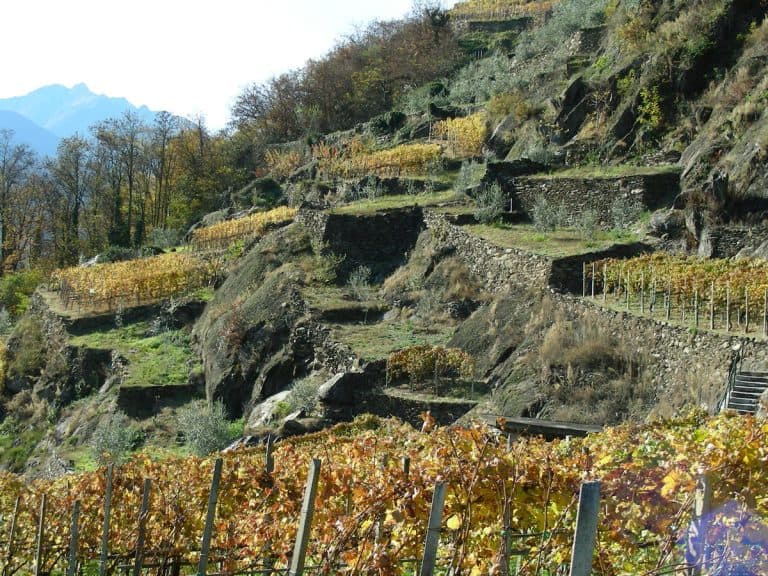 The oil always moves north, reaching England. How the map of olive trees is changing due to climate change
The oil always moves north, reaching England. How the map of olive trees is changing due to climate change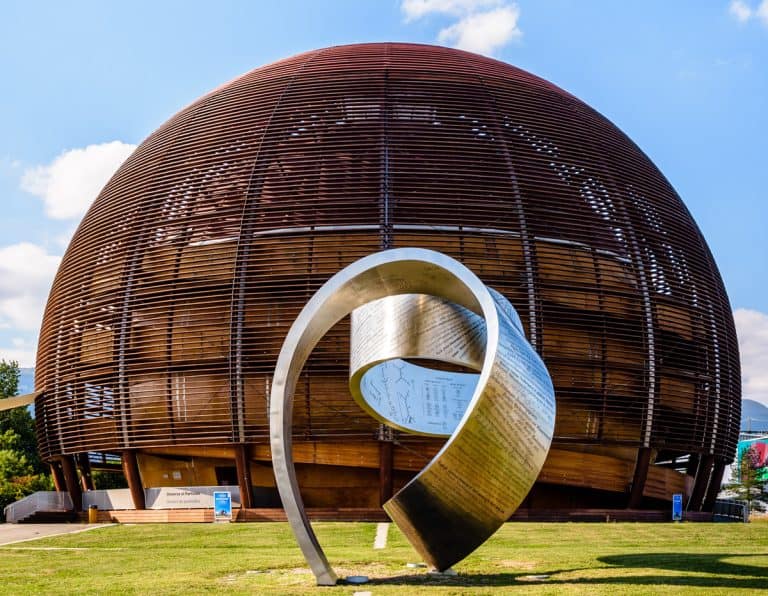 The Nobel Sandwich we tried at CERN, just steps from antimatter
The Nobel Sandwich we tried at CERN, just steps from antimatter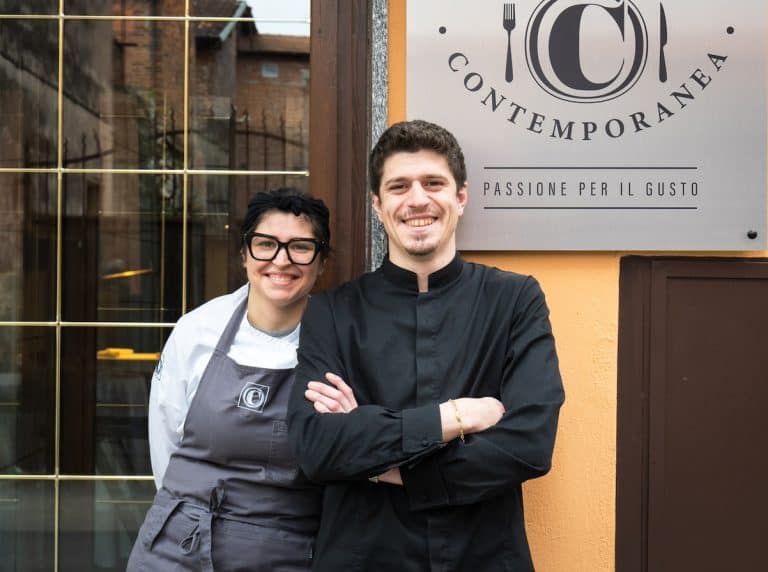 The two young talents from Gattinara revolutionising Italian cuisine
The two young talents from Gattinara revolutionising Italian cuisine